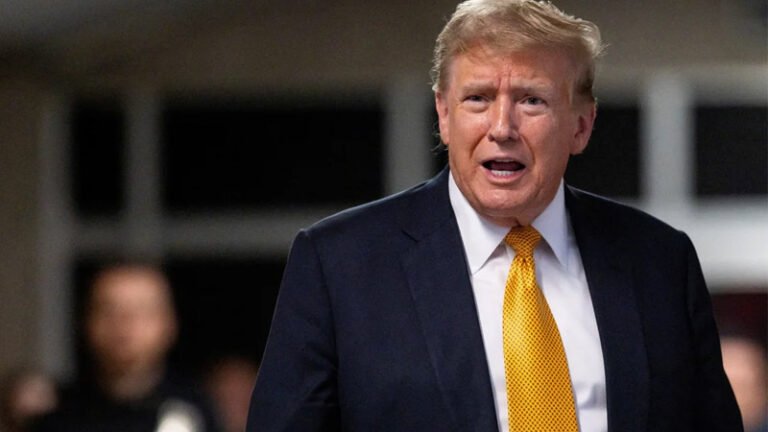
Photo credit: Jonathan Ernst/Reuters
In the world of American politics, there is a well-known theory that has been used for decades to predict the outcome of presidential elections: the 13 Keys to the White House. Developed by Allan Lichtman, a history professor at American University, the 13 Keys system has successfully forecasted the winner of every presidential election since 1984. However, with the 2024 election on the horizon, many are questioning whether the Keys may be wrong this time around.
The 13 Keys to the White House are a set of true/false statements that assess the overall performance and popularity of the incumbent party in the lead-up to the election. If six or more of the statements are false, then the incumbent party is predicted to lose the election. Some of the Key statements include factors such as the state of the economy, foreign policy successes, and the charisma of the candidates.
According to a report by Fox News on Wednesday, August 7, 2024, In recent years, Lichtman has remained steadfast in his belief that the 13 Keys will accurately predict the outcome of the 2024 election. However, there are several factors that could potentially throw off the Keys this time around.
One key factor that could impact the accuracy of the 13 Keys is the rise of polarization in American politics. With the country becoming increasingly divided along party lines, traditional forecasting models may struggle to accurately predict the outcome of the election. In recent years, we have seen a rise in unconventional candidates and campaigns that have defied traditional political norms, making it difficult to rely solely on past data and trends.
Additionally, the impact of social media on political campaigns could also disrupt the accuracy of the 13 Keys. With the prevalence of fake news and misinformation spreading online, it is becoming more challenging to gauge public opinion and sentiment. This could lead to inaccurate assessments of the overall mood of the electorate, which is a key component of the 13 Keys system.
Another factor that could potentially throw off the 13 Keys is the unpredictability of global events. In today’s interconnected world, international crises and conflicts can have a significant impact on the outcome of a presidential election. A major foreign policy event could shift public opinion and ultimately change the trajectory of the election, making it difficult to accurately predict the outcome.
Furthermore, the Covid-19 pandemic has introduced a new level of uncertainty into the mix. The economic and social repercussions of the pandemic have reshaped the political landscape and could potentially alter the factors that determine the outcome of the election. As the country continues to grapple with the aftermath of the pandemic, it is unclear how these unprecedented circumstances will impact the accuracy of the 13 Keys. report from The Guardian.
Despite these challenges, Allan Lichtman remains confident in the predictive power of the 13 Keys to the White House. In a recent interview, Lichtman stated, “The Keys are based on the theory that elections are primarily judgments on the performance of the party holding the White House. The 13 Keys method has accurately predicted the winner of every election since 1984, and I see no reason why it would be wrong in 2024.”
Ultimately, the accuracy of the 13 Keys to the White House in 2024 remains to be seen. While there are certain factors that could potentially disrupt the predictive power of the Keys, it is clear that they have been a reliable and successful forecasting tool in the past. With the 2024 election shaping up to be one of the most contentious and unpredictable in recent history, only time will tell whether the 13 Keys will prove to be accurate once again.





